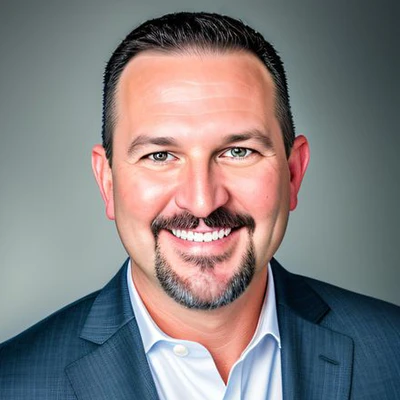Additional Tips
- Consistency and Clarity: Maintain a consistent format throughout your CV. Use the same font, size, and style for headings and text. Avoid clutter and ensure that all information is easy to read.
- Readability: Choose clear, legible fonts such as Times New Roman or Arial, and don’t use a font size larger than 12 — recruiters will assume it's just being used to take up more space.
- Proofreading: Thoroughly proofread your CV to eliminate any spelling or grammar errors. Consider having friends, colleagues, or mentors review it as well.
- Adaptability: Tailor your CV to the specific job and institution. For academic positions, highlight publications and research. For non-academic roles, focus on clinical experience and relevant skills.
- Templates: Numerous tools are available to simplify the creation process. Microsoft Word offers several CV templates that can serve as a good starting point.
Creating an effective CV involves more than just listing your qualifications; it requires careful consideration of how to present your experiences and skills in a clear, concise, and tailored manner. Experienced recruiters and medical directors advise you to craft a CV that not only highlights your qualifications but also stands out for hiring managers.
Remember to utilize available resources, maintain consistency, and adapt your CV to the specific job you’re applying for. With these strategies, you can increase your chances of success in the competitive medical field.






















